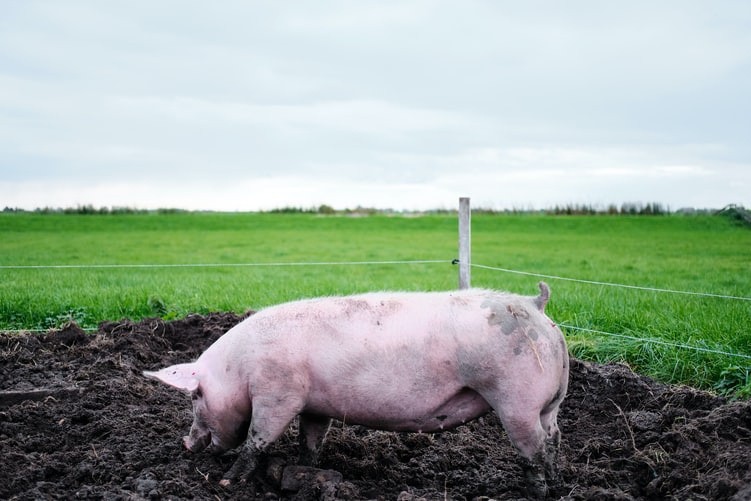People suffering from a rare red meat allergy finally rejoiced as they might finally get the chance to eat pork products without worrying about allergic attacks soon.

Last December 14, 2020, the FDA (Food and Drug Administration) finally approved the first GE (Genetically Engineered) pig safe for human consumption. The approval serves as a greenlight for producers to mass-produce the GE pigs.
Known as GalSafe pigs, these pigs do not have the alpha-gal sugars in their system. Alpha-gal is a sugar molecule found in most mammals, including pigs. These sugars can trigger mild to a severe allergic reaction called the AGS (Alpha-Gal Syndrome).
When pork products made from GalSafe pigs are mass-produced, the recorded 34,000 people with AGS in the US can finally eat pork.
Many GE animals are being developed for various reasons, like making them hypoallergenic, looking for ways to reproduce them faster, or engineering their physical characteristics like their internal body fats to make them healthier or tastier.
However, many of those still remained unapproved by the FDA despite years worth of proposals from different breeders or genetic engineers. As a matter of fact, the GalSafe pig is the only animal approved by the administration in the last six years.
The slow process mixed with the assumption that the FDA seemingly put the GE animals' approval in their low priority cases prompted the USDA (United States Department of Agriculture) 's proposal to take over the approval procedures.
Naturally, the FDA was not really enthusiastic about this idea.
Related Article : Your Organic Meat Isn't Helping Environment; Here's Why
Genetic Engineering
GE animals and plants are called GMOs (Genetically Modified Organisms). These are organisms whose genomes have been altered for various practical and aesthetic purposes.
FDA vs USDA
Since 2019, the US hog industry has been bidding for the USDA, not the FDA, to regulate approving GE animals. They argued that the FDA is moving too slowly and that holds the agriculture sector back from improving.
Since 2015, the FDA only approved 2 GE animals while the USDA has approved dozens of GE plant variants in a similar timeframe.
USDA's Case
For a long time, animal biotechnology and genetic engineering have been under the FDA's jurisdiction, while the same processes for crops and other plants are under the USDA.
Ever since they started overseeing them, the FDA has been regulating such projects the same way they have been handling drug regulations. A move highly criticized by genetic engineers and biotech scientists even claimed that it does not make a lot of scientific sense.
"I think this is a step in the right direction; I don't think that the approach of regulating them as animal drugs ever made a lot of scientific sense," Alison Van Eenennaam, Cooperative Extension Specialist in Animal Genomics and Biotechnology at UC Davis, said. "I'm supportive of USDA taking over the regulation of food animals that have been modified for agricultural purposes. What I don't understand is why there's a different approach for plants than for animals," she added.
Despite the turnover making a lot more sense, scientifically, not everyone is on board.
FDA's major gripe with USDA's regulation is that, in handling GE plants, developers have been allowing developers the power to self-determine whether their products qualify for exemptions from regulation, which will result in regulators and the public having no idea what genetically engineered products are on the market.
The current proposal would include the development and approval of other livestock like cattle, sheep, hog, horses, fishes, and fowls are under the USDA's control.
Up until today, the debate still continues on who should oversee GE animal approvals.
Read also: EU: Mealworms Now Safe for Human Consumption
For more news updates about livestock and the agriculture industry, don't forget to follow Nature World News!
© 2025 NatureWorldNews.com All rights reserved. Do not reproduce without permission.





